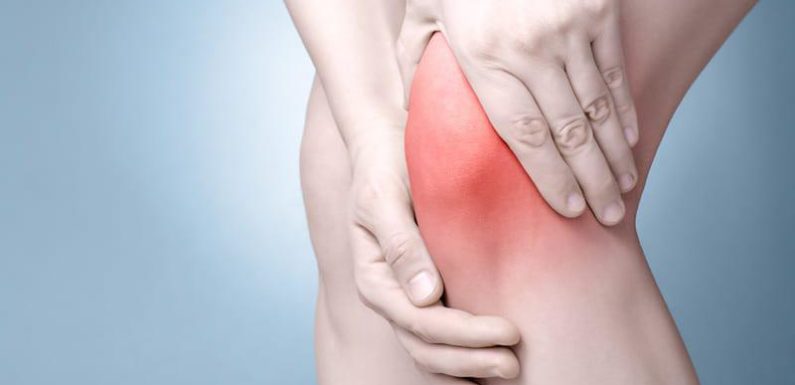
Arthritis is one of the common medical conditions mostly among the elderly. This refers to the inflammation of the joints and the muscles and tissue surrounding the joints. Depending upon the severity and symptoms, arthritis is classified into many types, the most common of which is osteoarthritis(OA). Other types include fibromyalgia, gout and rheumatoid arthritis (RA).
Early Signs
Arthritis can develop at any age and if left untreated may grow into severe cases. Therefore, it is necessary to look for these signs and symptoms and start treatment immediately if you experience these symptoms:
- Pain: Arthritis pain can be constant and may increase and decrease over time. One may feel constant pain in one or several parts of the body. Not if the pain is recurring, immediately consult a doctor.
- Swelling: In the case of severe arthritis, the skin around the painful joints may swell and become red.
- Stiff joints: If a joint is getting stiff or frozen when you move, it may be a sign of arthritis.
Treatment
The treatment of arthritis may depend upon the severity and the type of condition. Common treatment include:
:
- Medications that you can get from online pharmacy service
- therapies
- joint assistive aids
- splints
- weight loss
- Joint replacement surgery, in severe cases
Natural Ways to Manage Arthritis
Along with treatment, you can do some lifestyle changes on your own that help reduces the severity of the symptoms and pain of arthritis.
-
Diet
Even though there is no specific diet for arthritis patients but it would help a great deal if a person can include nutritious foods. Some foods that may help with managing the inflammation and pain in the body are:
- nuts and seeds
- fish
- fruits and vegetables
- Beans and lentils
- olive oil
- whole grains
People with arthritis are advised to avoid spicy foods. Also, try to avoid over-processed junk food.
-
Self-management
Some self-management tips include:
- Regular exercise
- Losing excess weight
- Maintaining a healthy weight
- Regular check-ups with the doctor
- Avoiding activities that may put stress on the joints
Additional Tips:
Be organized: Keep track of your pain levels, symptoms, medicines, their side effects and consult every observation with your doctor. This helps in a better treatment plan.
Staying active: Regular exercise is very beneficial for joints but tries not to do exercises that put a strain on the joints. Look for moderate exercises online or hire a coach.
Taking rest: rest is equally important in the case of arthritis. Taking adequate rest and sleep is important for the body to heal and recover.

